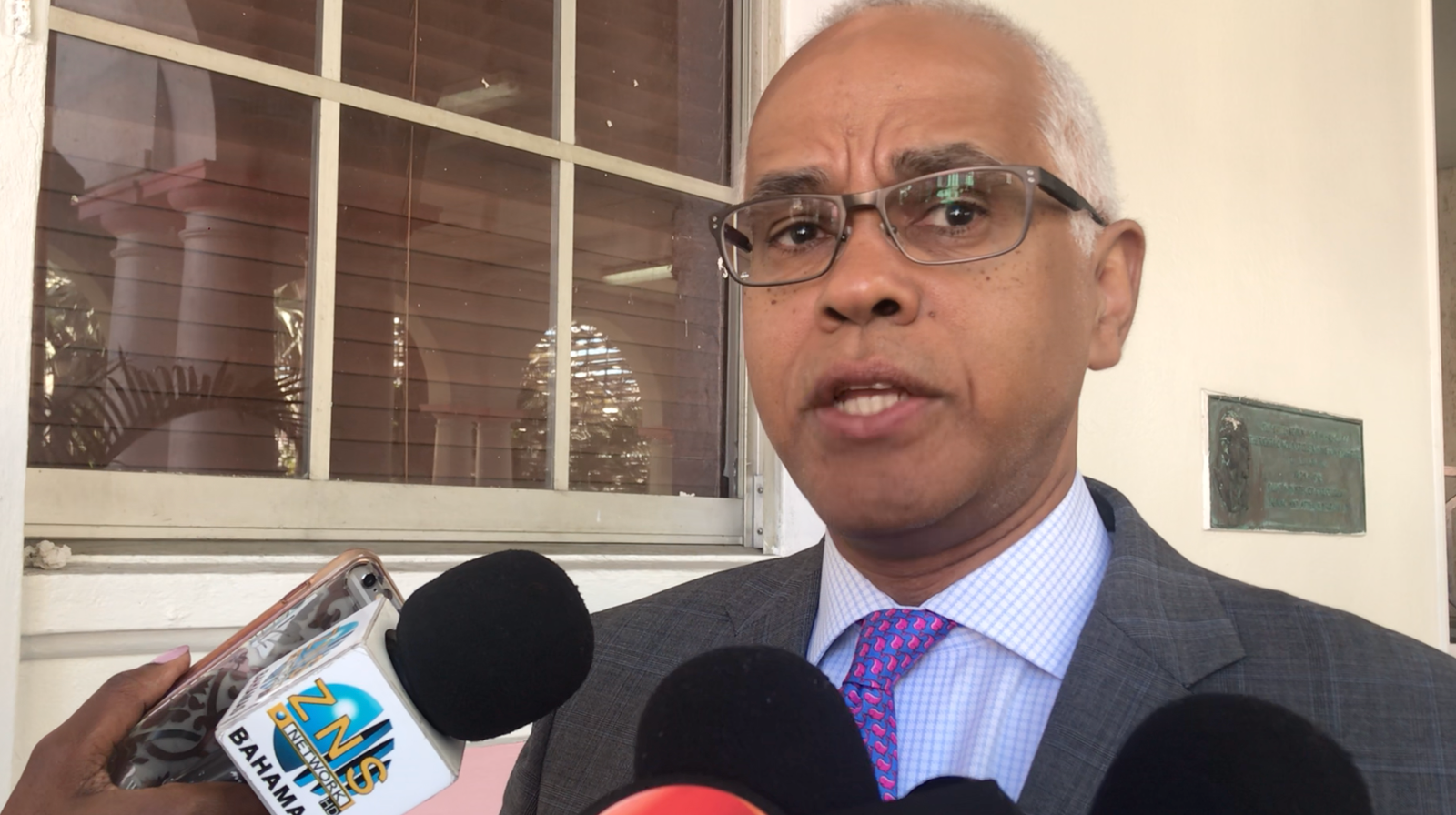By Marechan Burrows – Eyewitness News Intern
NASSAU, BAHAMAS – Minister of Tourism Dionisio D’Aguilar said yesterday that the amendments to the Gaming Act passed in the House of Assembly yesterday, will allow the Gaming Board, through a special investigative unit, to render gaming houses non and the gamstop casino of inoperable by shutting down access to their websites in instances when operators are non-compliant with the new tax regime.
“The bygone era of enforcement against illegal operators involved raiding the physical location of where the illegal activities [were] being conducted,” said D’Aguilar, during debate in the House of Assembly on a bill for an act to amend the Gaming Act.
“While that option still remains, this amendment allows for the Gaming Board to seek permission from the court for the Gaming Board to instruct Cable Bahamas, Bahamas Telecommunications Company [BTC], Aliv or any other Internet service provider to suspend their services to an illegal operator for at least 90 days, during which the Gaming Board will conduct its investigations and return back to the court to either suspend their extension or remove it.
D’Aguilar, who has ministerial responsibility for gaming, said the amended act allows operators to relocate their primary servers out of the country, highlighting that certain gaming house operators’ servers were recently hacked.
Under the new legislation, the government anticipates collecting approximately $34 million annually from gaming houses, which D’Aguilar said earn profits of around $45 million to $50 million annually.
The new legislation introduced a sliding scale of taxes on gaming houses net taxable revenue.
The sliding scale of taxes, which was a source of great contention for the gaming operators, was agreed by stakeholders earlier this year after months of failed negotiations.
Yesterday, D’Aguilar noted that the government plans to incrementally increase the tax rates.
“It is the intention of the government to increase the rate of tax on gaming revenues from 11 percent across the board to 15 percent on the first $24 million of gaming revenues, and then, 17.5 percent on all gaming revenues over $24 million.”
D’Aguilar also said that while the two largest gaming operators have paid their taxes since the renegotiation and agreed tax rates, the remaining five operators have failed to comply.
He warned non-compliant operators that in order to continue operating in the industry in The Bahamas they will have to “catch up on their outstanding taxes or lose their licenses to operate”.
D’Aguilar said the government originally expected to collect a lot more from gaming operators in taxes, but because it will be receiving substantially less money, a patron tax was placed on lottery number winnings.
This is expected to generate an additional $15 million in taxes.
No new taxes were introduced on the winnings of casino games, commonly referred to as “spinning.”
During debate, Opposition Leader Philip Brave Davis said that the government should also tax the winnings of foreigners, who gamble in local casinos.
“Why can’t we extend this to persons who are winning if they go in the casino and do it (gamble),” the leader of the Progressive Liberal Party (PLP) said.
“The foreign player, not the domestic player [is] carrying all of that (winnings).
“He [isn’t] paying value-added tax.”
This article was written by Marechan Burrows – Eyewitness News Intern.






